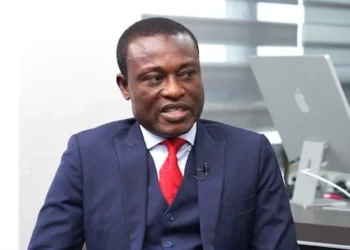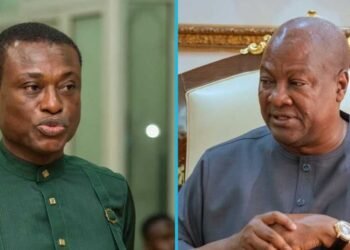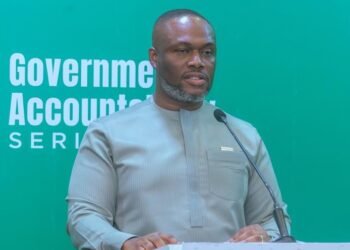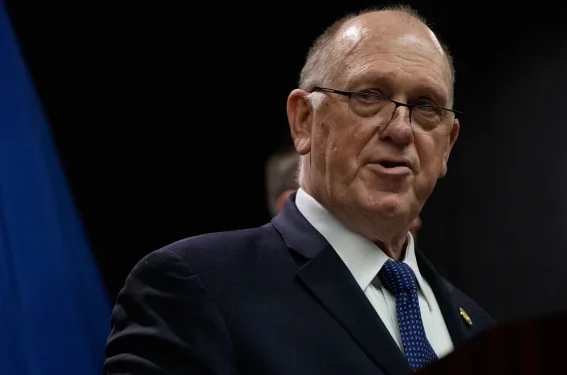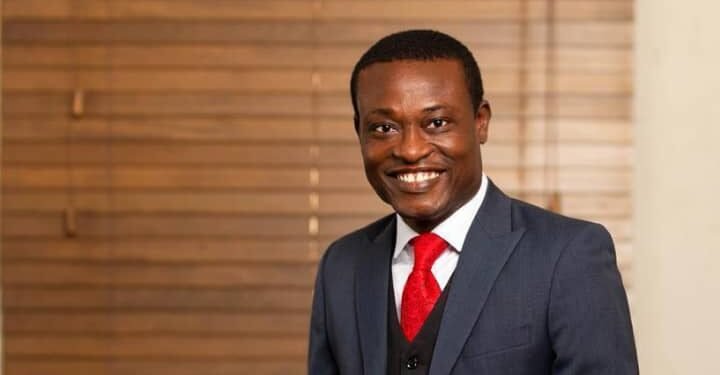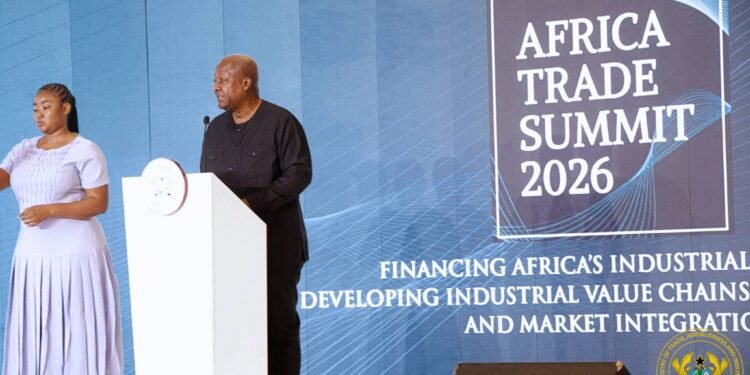A Democracy and Development Fellow at the Ghana Centre for Democratic Development (CDD-Ghana), Professor Stephen Kwaku Asare, has made a forceful call for former Finance Minister Ken Ofori-Atta to return to Ghana and face justice over corruption-related allegations being investigated by the Office of the Special Prosecutor (OSP).
The respected legal scholar insists that stewardship of the nation’s treasury is not a privilege of power but a sacred trust that endures beyond the walls of office, beyond politics, and beyond the comfort of influence.
“Those who once controlled our public finances must understand that accountability is not optional — it is the final audit of public service”.
Professor Stephen Kwaku Asare
The former minister, who served from early 2017 to March 2024 under President Akufo-Addo’s administration, is under investigation for a series of corruption-related offences, most notably in connection with the controversial SML-GRA revenue assurance contract.
The OSP declared Mr. Ofori-Atta a fugitive of justice earlier this year and placed him on an Interpol Red Alert after he failed to honour assurances given through his lawyers that he would return to Ghana to answer questions.
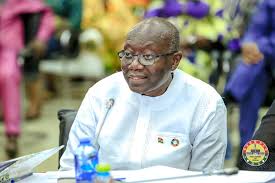
According to the OSP, extradition proceedings have begun, with criminal charges expected to be filed by the end of November. For Prof. Asare, the situation presents a defining test for Ghana’s commitment to transparency and justice.
“Ken Ofori-Atta, as the face of the last administration’s economic policy, represents the test case for this national principle. If called upon — by law, by history, or by conscience — he must lead by example, not by evasion”.
Professor Stephen Kwaku Asare
The CDD-Ghana Fellow outlined ten compelling reasons why the former minister must voluntarily appear before investigators if summoned, or before prosecutors if charged.
Prof. Asare first pointed out that Mr. Ofori-Atta was not a background technocrat but the public face and chief architect of the Akufo-Addo administration’s economic policy.
“As such, he must be the first to account for decisions made under his watch. He was the face, voice, and chief architect of the last administration’s economic policies. Accountability must therefore begin with him”.
Professor Stephen Kwaku Asare
Avoiding scrutiny, he cautioned, would not only cast doubt on his personal integrity but would “cast a long, dark shadow” over the entire government he served, implying that its leadership could not withstand the test of transparency.
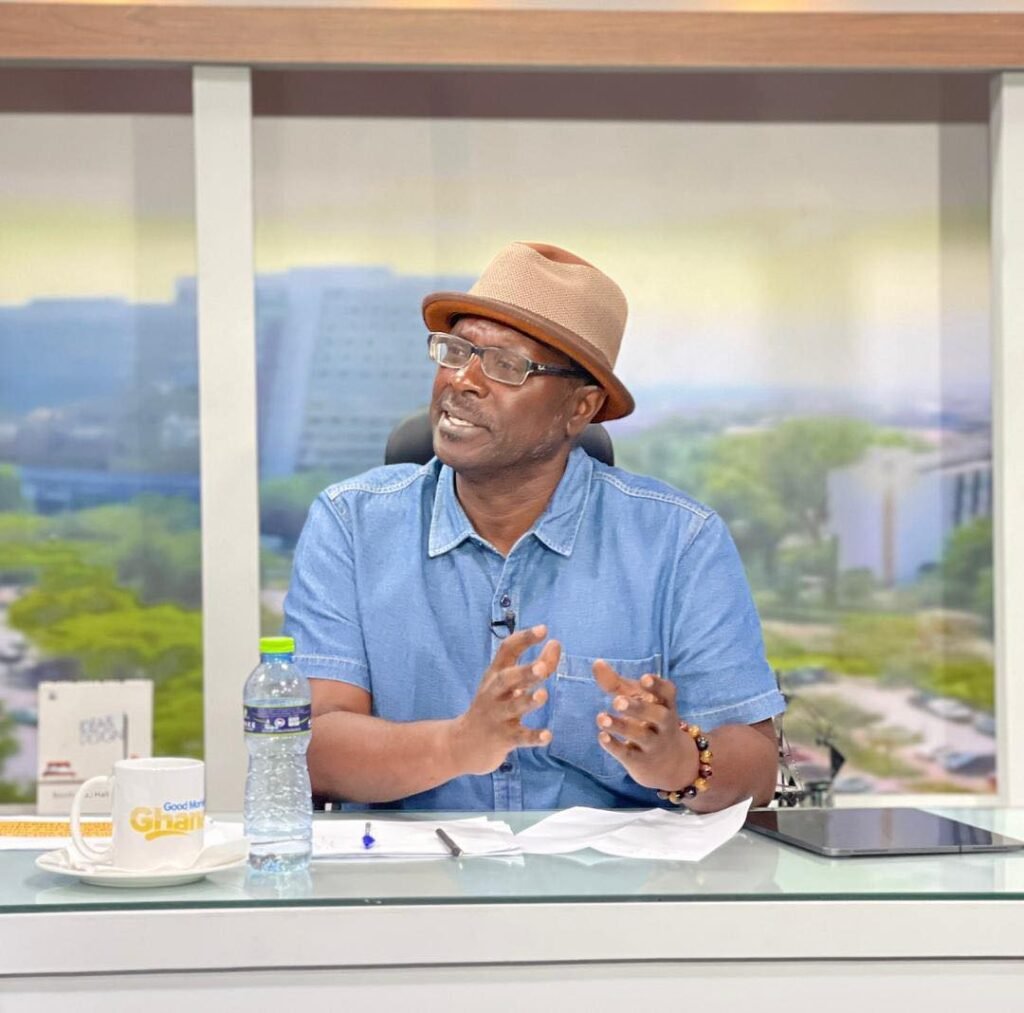
No Finance Minister Evades Accountability
He further argued that there is a historical precedent for accountability, and no finance minister in Ghana’s history has been beyond post-tenure scrutiny.
“Every finance minister before him has faced public scrutiny and post-tenure questions. None has been immune from the judgment of history. They have all stayed in the country. Ken cannot be the first to claim exemption from the rule of accountability”.
Professor Stephen Kwaku Asare
Prof. Asare also reminded the public that Mr. Ofori-Atta had consistently preached the virtues of transparency, fiscal discipline, and responsibility while in office.
“His public mantra was fiscal discipline, debt sustainability, and burden-sharing. Facing independent scrutiny would be the ultimate test of those same principles he urged others to uphold”.
Professor Stephen Kwaku Asare
To the CDD-Ghana Fellow, any avoidance of investigation by Mr. Ofori-Atta would be tantamount to an admission of wrongdoing. “A man confident in his integrity should welcome the opportunity to clear his name through due process, not distance,” he said.
Prof. Asare also highlighted the broader implications for investors, creditors, and ordinary citizens whose confidence in Ghana’s economy was shaped by the minister’s words and policies.
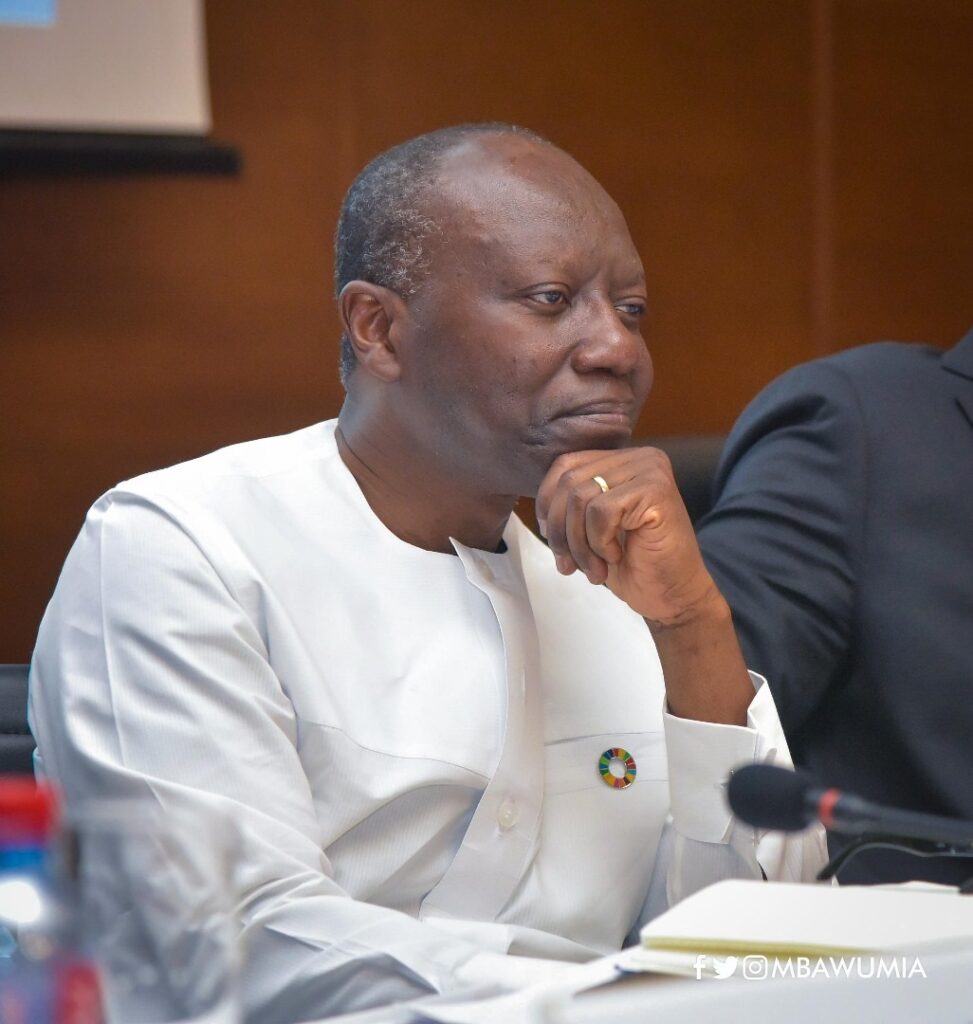
“Those who bought bonds, trusted his assurances, and suffered the consequences deserve to see that accountability still means something. Their faith in the country’s word depends on the credibility of those who gave it”.
Professor Stephen Kwaku Asare
Credibility of Ghana’s System of Accountability as Stake
The credibility of Ghana’s system of accountability, he said, now hinges on how the justice system handles the Ofori-Atta case. “If a former finance minister can evade scrutiny and remain untouched, it would send a message that our system of accountability is broken — that justice is selective and the law cannot reach those who managed the public purse,” he warned.
Such a precedent, he noted, would undermine both domestic confidence and international respect for Ghana’s democratic institutions.
Prof. Asare reminded Ghanaians that every major fiscal document signed between 2017 and 2024 — including eurobond issuances, loan guarantees, and revenue frameworks — bore the signature of Mr. Ofori-Atta.
“The authority that empowered him to act on behalf of the Republic also obliges him to answer for that authority when questions arise.
Professor Stephen Kwaku Asare
He also referenced the former minister’s celebrated reputation for integrity, citing remarks by Professor Stephen Adei, former Rector of GIMPA, who once stated: “I have no doubt at all that Mr. Ken Ofori-Atta has more integrity than 99 percent of all politicians I know in Ghana.”

Prof. Asare argued that the time had come for such praise to be tested through action. “If those words and endorsements carry weight, then meeting accountability with openness — not avoidance — would affirm the integrity he has been celebrated for,” he remarked.
According to Prof. Asare, the former Finance Minister is in no position to claim disadvantage, given his access to elite legal counsel, extensive documentation, and global platforms.
“With access to top lawyers, documentation, and international platforms, he cannot plead unfair disadvantage. His defense should be made in the proper forum, under oath, not by proxy or press release”.
Professor Stephen Kwaku Asare
He concluded with a powerful appeal to conscience, urging Mr. Ofori-Atta to rise above politics and show moral courage by subjecting himself to the law.
“Evasion would make him a cautionary tale; transparency would make him a precedent — that no man, however powerful or connected, is above scrutiny,” he said. Prof. Asare closed with a reminder of the enduring responsibility borne by all who handle public funds.
“The bottom line is that anyone entrusted with the nation’s treasury bears a moral, civic, and legal obligation to account for their stewardship. Ken Ofori-Atta must do it — for himself, his family, his church, his tribe, his clan, his party, his government, and his country.”
Professor Stephen Kwaku Asare
His statement comes at a time when the Office of the Special Prosecutor has intensified efforts to secure Mr. Ofori-Atta’s extradition to Ghana, following months of failed diplomatic engagement.

The OSP has indicated that the ongoing probe into the SML-GRA revenue assurance contract has revealed substantial evidence of procurement breaches and financial impropriety linked to the former minister’s tenure.
As Ghana’s justice system confronts the challenge of ensuring that accountability extends to all, regardless of power or privilege, Prof. Asare’s statement strikes at the moral core of governance, reminding the nation that public office is not an escape from scrutiny, but a covenant of trust that must always be open to examination.





